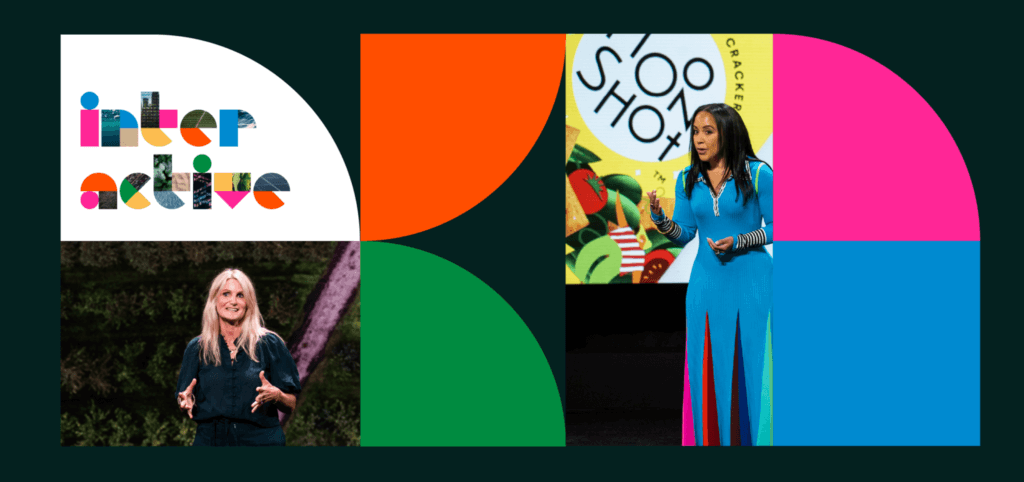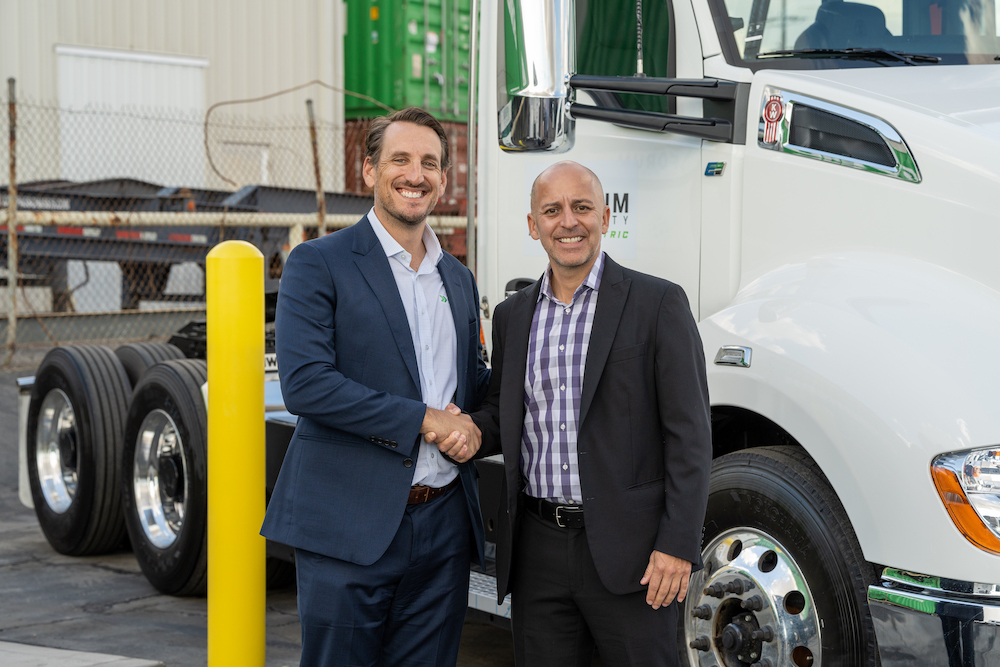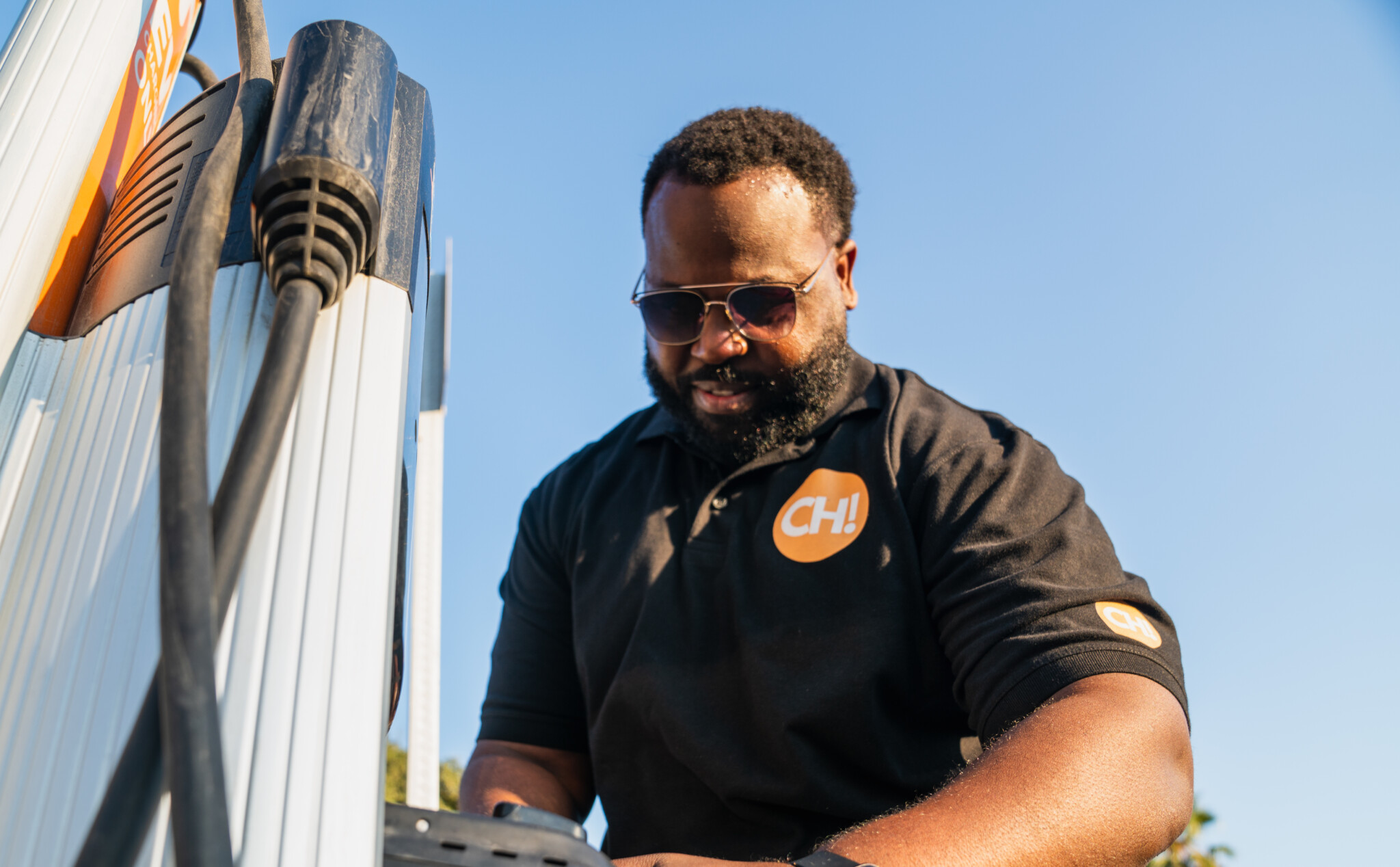
As consumer companies embark on decarbonization quests, many inevitably encounter a thorny problem. The supply chains that are often responsible for the largest share of their emissions are also the trickiest to reduce.
This is a space ripe for innovators like Planet FWD Founder & CEO Julia Collins and Better Packaging Co. Co-Founder & CEO Rebecca Percasky. They prove that small changes like swapping out a couple ingredients in a meal and big efforts like fishing the oceans for plastic waste can add up to real climate impact.
The entrepreneurs joined us at Elemental Interactive 2023 to share how they are targeting emissions buried deep inside supply chains and bringing others in their industry along with them.
Climate-hacking snacks and ocean pollution
One emissions-heavy area that companies can target is the very stuff that surrounds their products. Nearly 40% of all plastic — which is almost always made from fossil fuels — becomes packaging that is used just once and then discarded, Rebecca said.
To reduce the vast plastic packaging waste polluting our seas and environment, Better Packaging Co. launched a compostable courier satchel in 2018, and within a year, the startup’s packaging was adopted by global brands including L’Oréal, Boardriders and DHL. Yet even with a rapidly-growing business, the team felt it could do better on climate impact.
Using circular economy principles, the startup designed its “packaging unicorn,” POLLAST!C — made from 100% ocean-bound plastic pollution collected by community partners in Southeast Asia, with a carbon footprint 75% smaller than single-use plastic packaging.
“We’ve done all the hard work, we’ve solved the science and the technology challenges, we’ve got a solution that is on par with virgin plastics,” Rebecca said. “We now need everyone — brands, organizations, corporations — to get on board.”
Similarly, in creating Moonshot Snacks (which was recently acquired by Patagonia Provisions), Julia and her team successfully decarbonized their climate-friendly cracker brand’s food supply chain — and realized this formula could help other companies do the same.
“There is no hope for a climate friendly future unless we improve the way that we farm, manufacture, distribute, retail, consume and dispose of all of our food,” Julia said.
So Julia and her team built Planet FWD, a technology platform that helps companies measure cross-organizational climate impact — from the “head office to a head of lettuce” — and identify and quantify potential emissions reductions.
Scaling impact through ingredient swaps and plastic reuse
Planet FWD has now worked with its customers to decarbonize billions of dollars of food purchases, but it all started by widening its aperture beyond its own business.
“As one tiny snack brand, we knew that we didn’t stand to make a dent in the problem alone,” Julia said.
For example, Planet FWD helped the New York City-based chain Just Salad cut out roughly 47 tons of CO2 equivalent emissions in 2022, simply by switching from conventional to regenerative organic quinoa, and replacing dairy feta with vegan feta. These reductions — achieved by swapping just two ingredients — were equivalent to taking 14,000 gas-powered cars off the road for one year.
For Better Packaging Co., Rebecca said the company knew it had to do more to reduce packaging emissions at scale. “We needed to scale the solution, and quickly,” Rebecca said. “We used partnerships to do that. They were instrumental.”
Informed by Elemental’s Square Partnerships model, Better Packing Co. became involved with a nonprofit in Thailand that supported a group of nomadic fishermen who sometimes snagged more plastic than fish in their daily catch. In response, the nonprofit established a recycling center where the fishermen sell these plastics at a fair price, providing much-needed surplus income. Better Packaging Co. and its community partners in Southeast Asia have now recovered over 500,000 kilos of plastic pollution.
“Pollution is a valuable resource and we need to harvest it as quickly as possible,” Rebecca said.
Find more from Elemental Interactive 2023 at our YouTube page.




